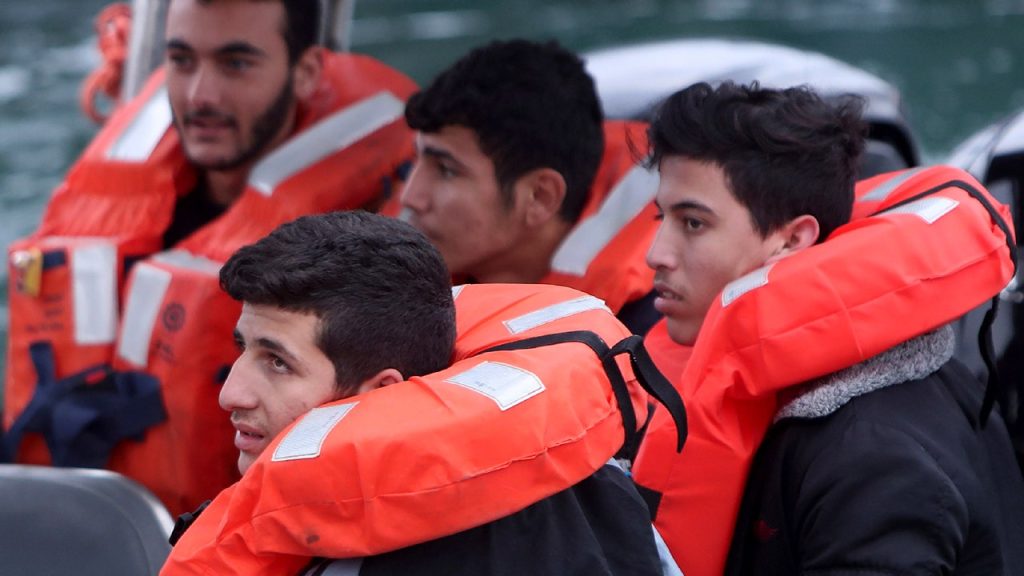The United Nations’ refugee agency has expressed concern over Cypriot efforts to stop Syrian refugee-laden boats departing Lebanon from reaching Cyprus. Cypriot authorities have dispatched patrol vessels to prevent these boats from reaching the island, citing the influx of migrants due to the situation in Lebanon. While Cypriot officials deny allegations of using force to push back boats, the UNHCR emphasizes that Cyprus must adhere to international laws and ensure the safety of passengers.
The recent interception of five boats carrying hundreds of Syrian refugees has raised questions about the treatment of these individuals. While Cypriot authorities claim that the boats were not forcibly pushed back, there are testimonies alleging violence and destabilization techniques. The UNHCR is closely monitoring the situation and emphasizes the importance of not returning individuals to countries where they could face harm or persecution. Concerns have been raised about the treatment of refugees who were returned to Lebanon, with reports of potential deportations by the Lebanese army.
In an effort to address the root causes of migrant boat departures, Cyprus is working with the European Commission to provide financial support to Lebanon. This support is contingent on Lebanon’s efforts to prevent migrant boat departures. President Nikos Christodoulides and European Commission Chief Ursula von der Leyen are set to discuss this aid package in Beirut. People smugglers are taking advantage of regional conflicts to lure migrants into making the dangerous journey to Cyprus, with advertisements for boat seats at a fraction of the cost compared to other destinations.
The Cyprus government is planning to convene a meeting of EU countries to discuss the possible designation of safe zones in Syria to deter migrants from making the journey to Cyprus. While individuals from these safe zones would not be deported, they would lose certain benefits and rights, creating a disincentive for others to come. Denmark, which is already implementing a similar policy, serves as an example for Cyprus. The heavy influx of migrants poses challenges for Cyprus and the EU, highlighting the need for a coordinated approach to address the underlying causes of migration.
The situation in Cyprus underscores the complex challenges of managing migration flows and upholding international human rights laws. As conflicts in the region persist, countries like Cyprus are faced with the daunting task of balancing security concerns with humanitarian obligations. The UNHCR continues to monitor the situation closely and advocates for the protection of refugees and migrants. As discussions continue at the international level, there is a growing recognition of the need for comprehensive and sustainable solutions to address the root causes of migration and displacement.













